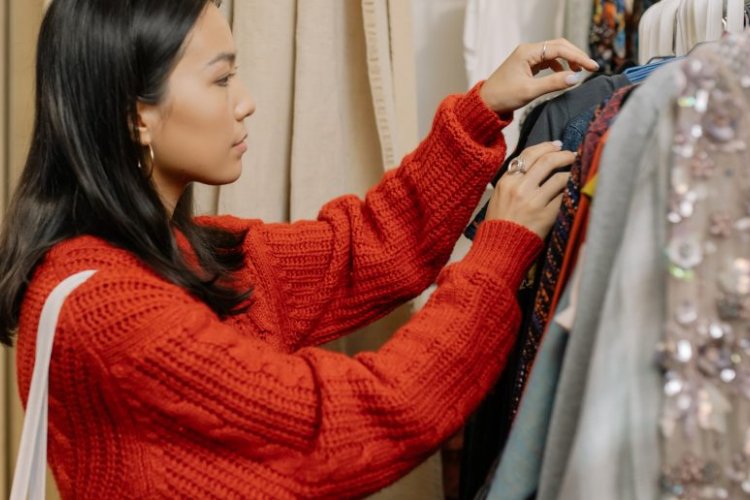The Emperor's New-Old Clothes: Your Guide To a Sustainable Wardrobe in Beijing
About a month ago, I posted a story to Instagram, announcing that I'd be giving away my unwanted clothes since they had been sitting untouched in my closet for way too long. As the responses and interest started pouring in, I felt an inexplicable joy at the realization that people wanted to wear clothes I would never wear again, effectively giving them a second life. After that, I began to discover just how easy it is to recycle clothes in Beijing.
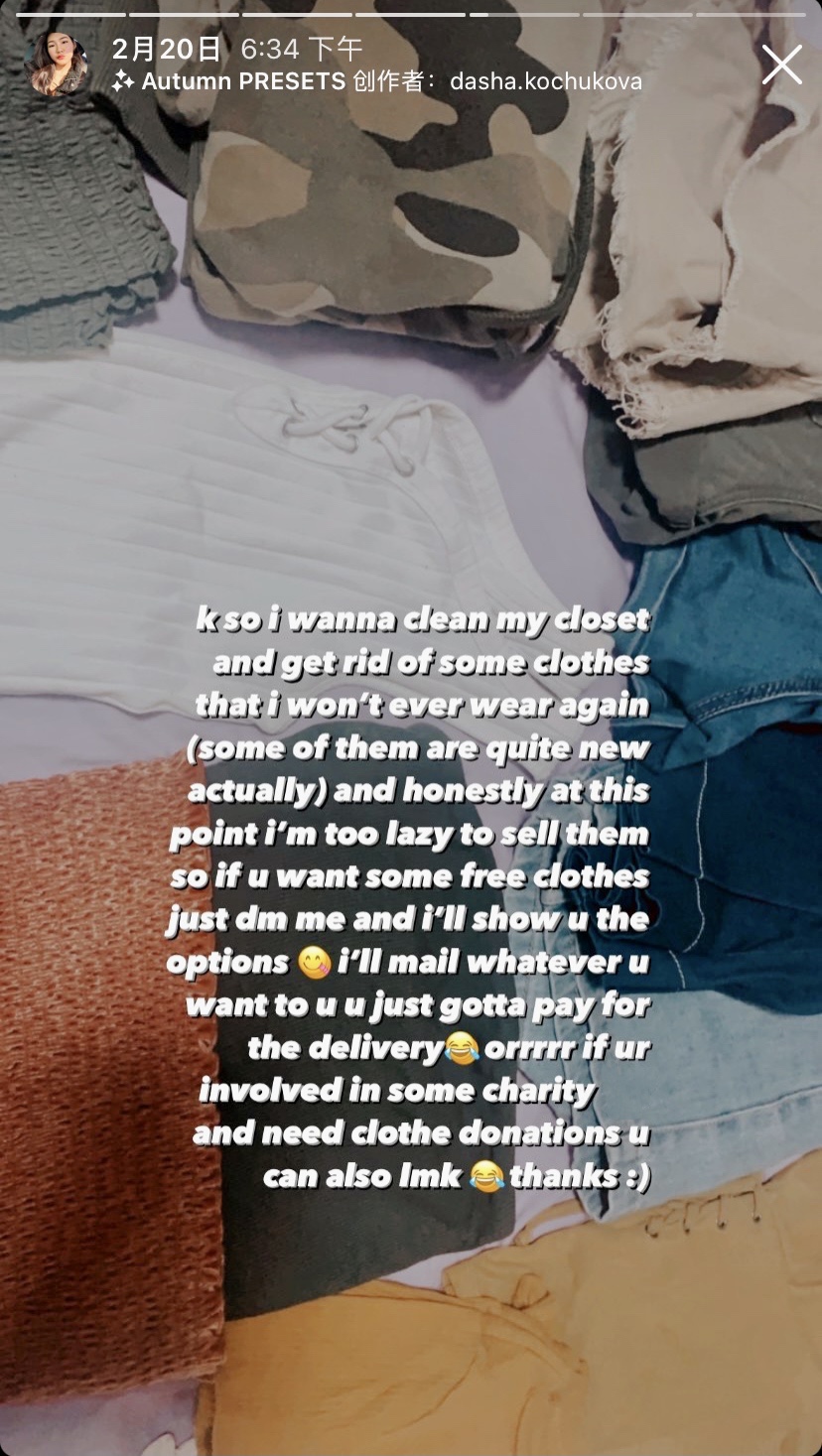
Like it or not, the allure of consumerism isn't going away any time soon. Our urge to make purchases is often provoked both by our natural desire to own things we find visually appealing, and an inclination to use shopping as a coping mechanism. Stressed out? Shop. Failed a test? Shop. In a bad mood? Shop. We come up with all kinds of excuses to justify our compulsive purchasing habits. As Vanessa Zhang, a 16-year-old student explains, “My desire for shopping mostly ensues when I feel stressed out or anxious, [shopping] helps relieve some stress.”
The truth is that while a shopping spree often results in a rapturous feeling, that same feeling comes crashing down as soon as we see our untidy closet stuffed with forgotten clothes, or when we confront the negative environmental impacts of shopping. According to the United Nations Environment Programme, approximately 10 percent of annual global carbon emissions and 20 percent of total wastewater in a year comes from the fashion industry.
So whether you're rethinking your shopping habits from an ecological point of view, or you simply want to mitigate the plight of an unruly wardrobe, I've found four easy, local solutions, to help you get started on your journey to fashion sustainability.
Clothing Swaps!
“Who can say no to free clothes?” One of my followers texted me that after I posted the clothing giveaway story to my Instagram. Just like what I did, you can exchange clothes with your friends through social media platforms or personal contacts. A pair of skinny jeans that you would never want to wear again could be something someone else has long-sought-after but couldn’t find. What’s better than a mutually beneficial exchange, especially when it’s between you and your friends?
Clothing Donations
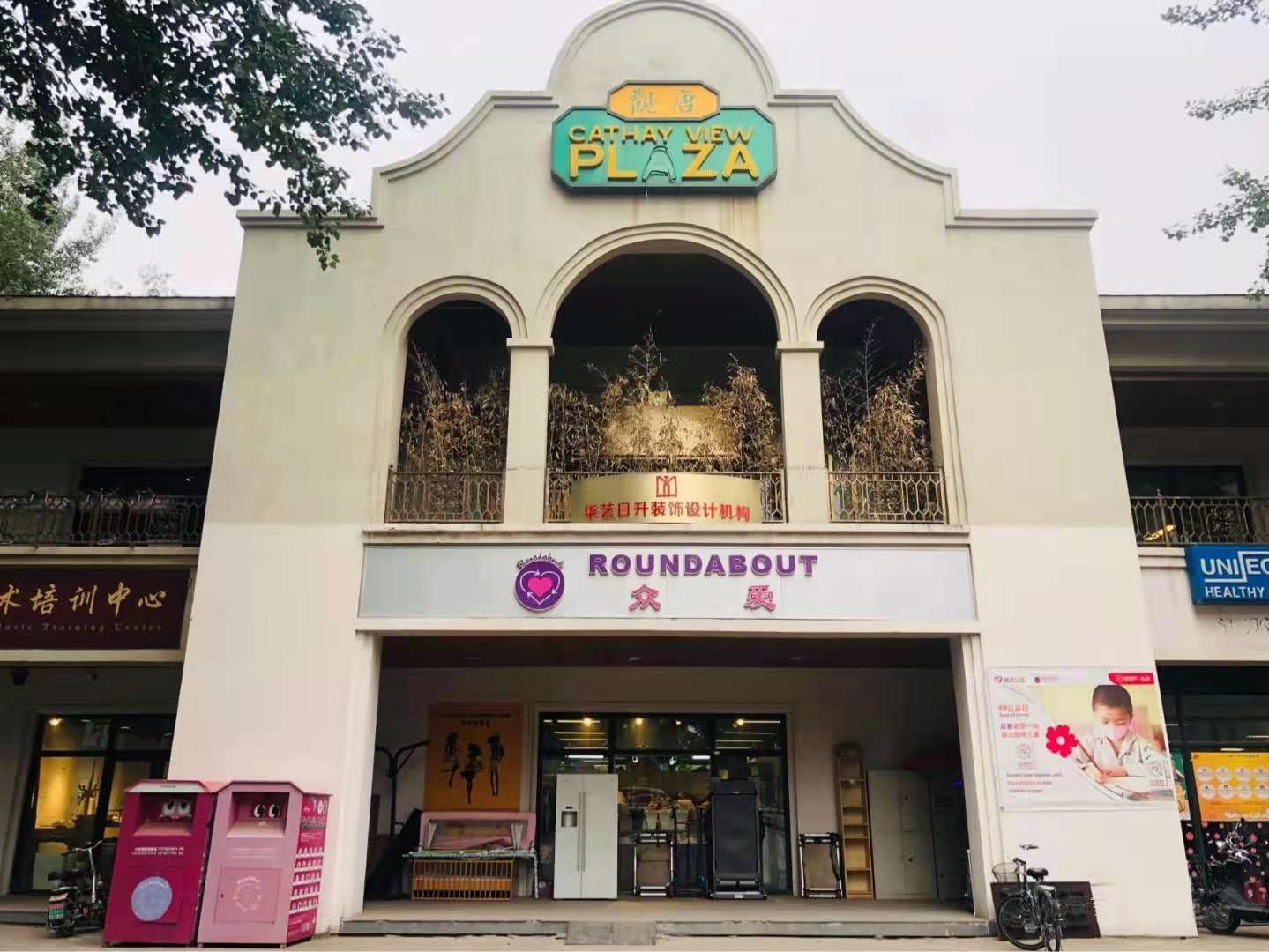
Founded in 2008, Roundabout is a charity organization that takes in donated items and resells them, with profits going to various charitable efforts and organizations around China. Though they're more than happy to take a host of second-hand items, clothing is always one of their biggest needs. Just make sure that your clothes are clean and in good condition. Check out this page or follow the official Roundabout WeChat account for more information on donation details, drop-off points, and alternative ways to donate items!
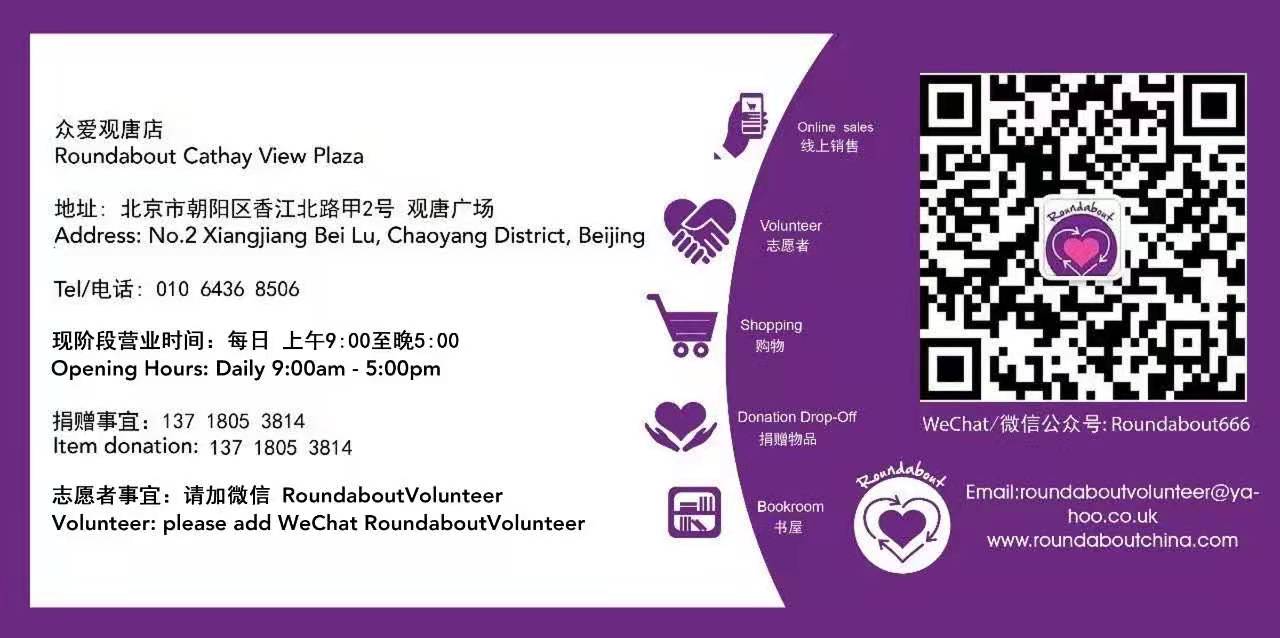
Clothing Transformation
Transforming old clothes into new outfits can be done with simple cuts and sewing, with minimal skills to boot. For instance, an oversized t-shirt can quickly be turned into a mini top with a few adjustments. There are a ton of videos on YouTube and tutorials on Pinterest that can inspire you to transform your old clothes into something fresh and new.
Textile Recycling Programs
Plenty of other recycling alternatives are also available; search “旧衣回收” jiù yī huí shoū used clothes recycling on WeChat and you’ll find a variety of clothes recycling programs that offer home pick-up services.
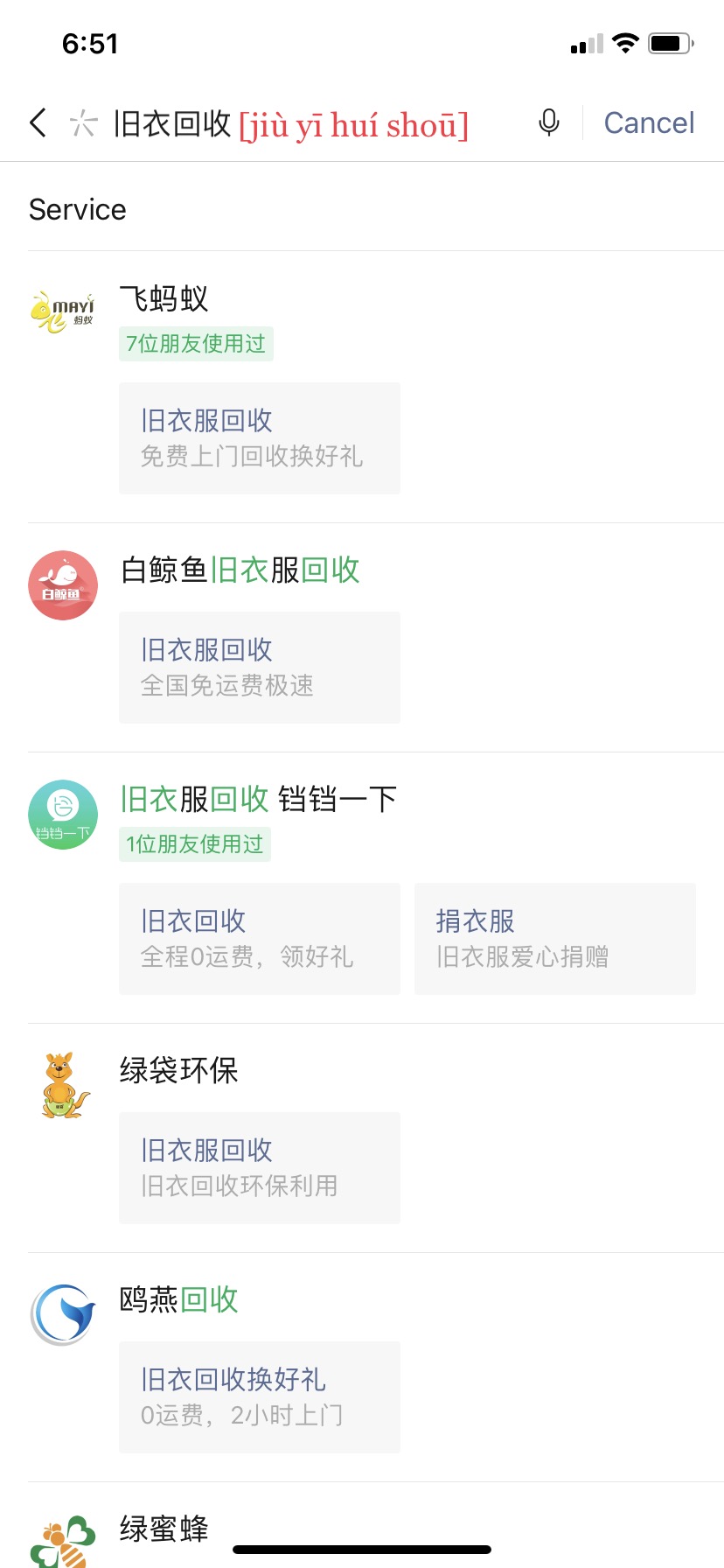
Indeed, the above methods can achieve some level of fashion sustainability, however, it's important to remember that none of them get to the heart of the problem. The truth is that we simply need to stop buying so much and so often. Of course, this doesn't mean that we all need to become ascetic monks, but rather, we need to stop justifying our excessive consumerism.
Given that buying new clothes results in such ecstasy, perhaps it's time we reassess the nature, and source, of our happiness. It’s time to abolish the mindset that one should buy fewer pieces of expensive clothing, instead opting for more clothes at a lower price. It’s not a matter of money – though it could be argued that economizing is equally important – the ultimate goal is to buy less so that the production of clothes and textile waste is reduced, and thus the overall demand for textiles and apparel.
As a culprit of modern consumerism and overbuying, my expertise certainly does not lie in the field of sustainability. There is still so much more to learn, but hopefully, these four ways to recycle clothes provide a path to fashion sustainability, right here in Beijing.
This blog originally appeared on our sister site, Jingkids International.
READ: Quality Over Quantity: Understanding Roundabout’s Newish Donation Policies
Images: Linda Huang, pexels



